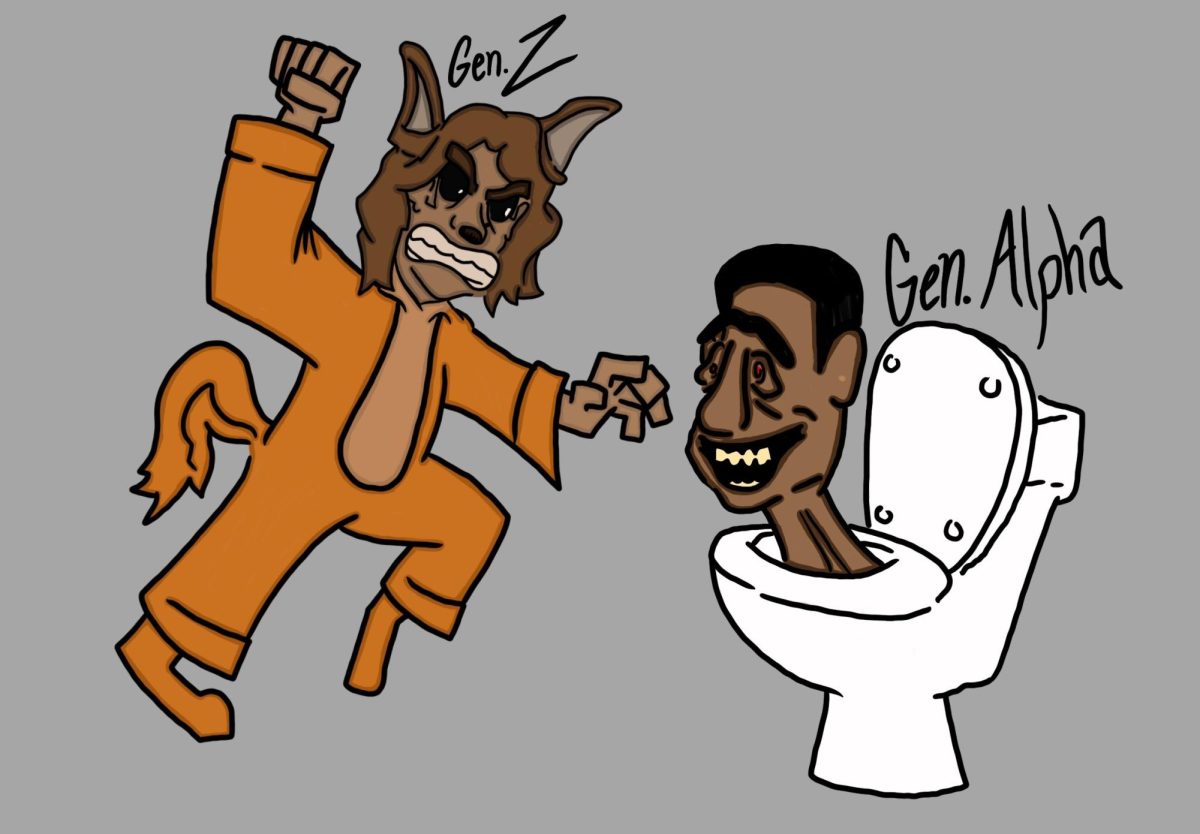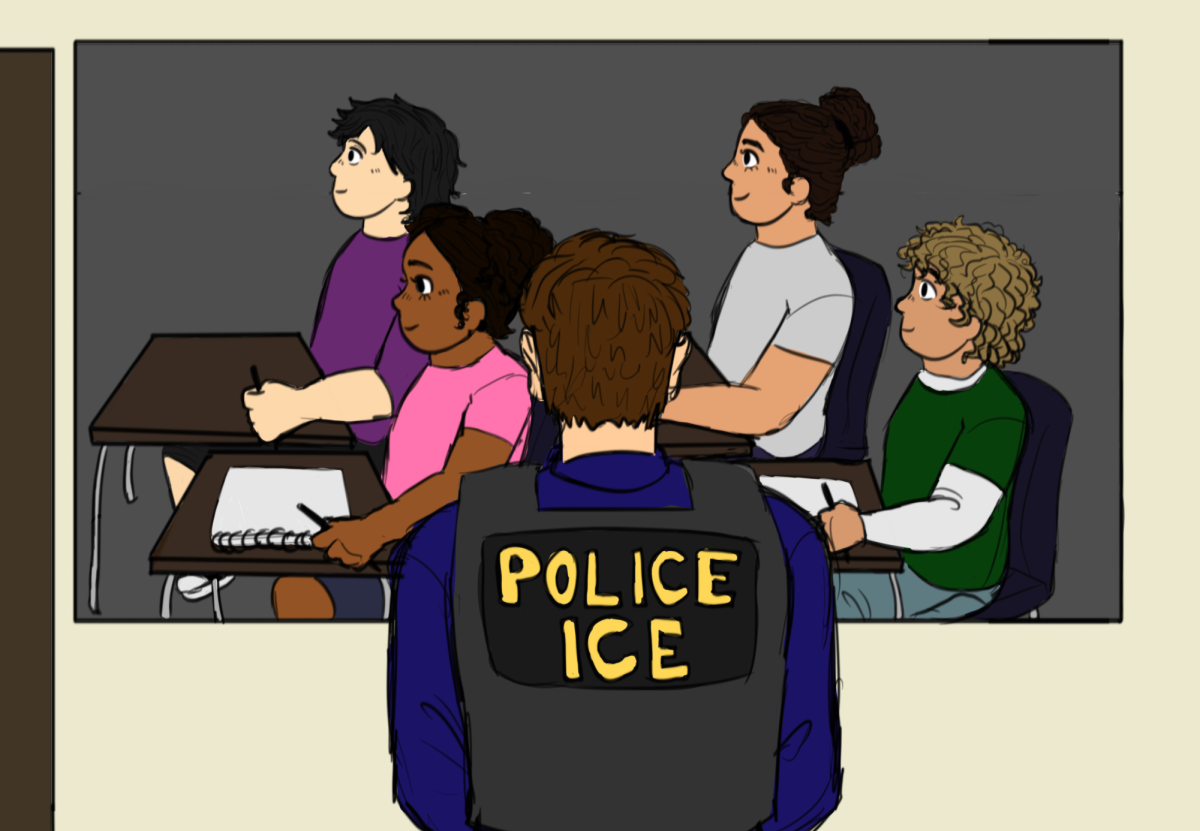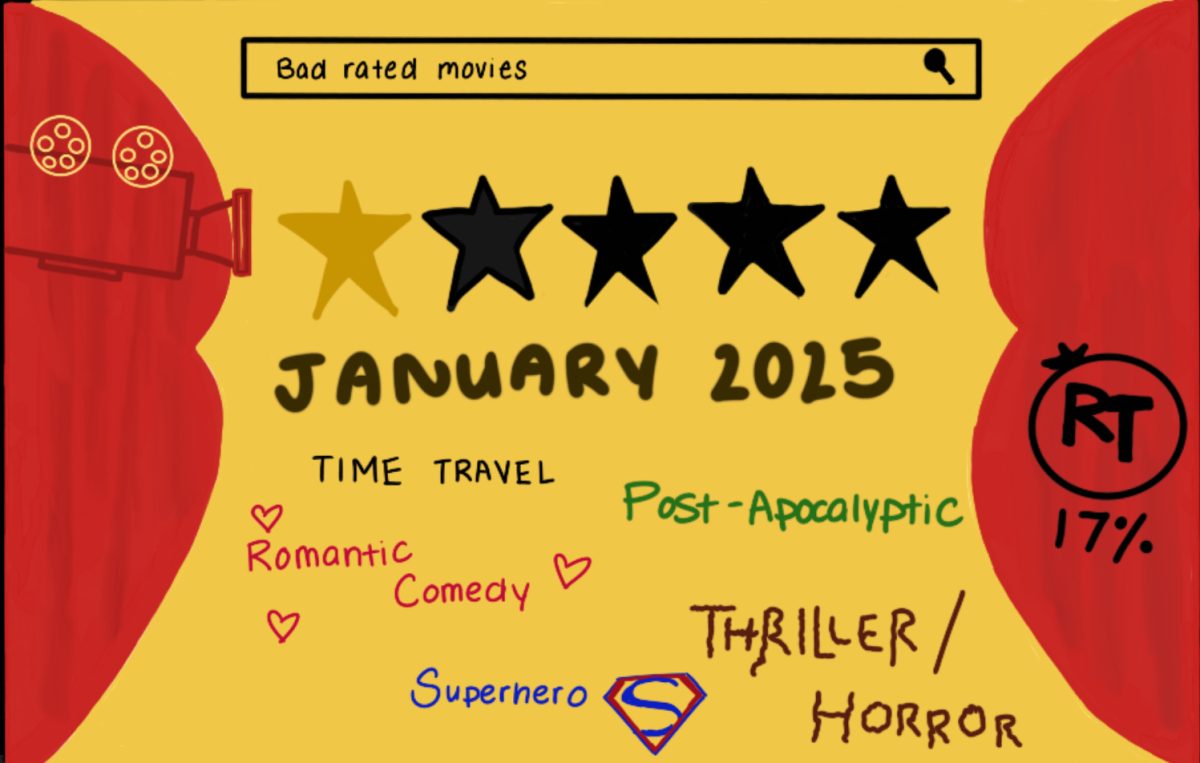The three generations that grew up with the most internet influence include the Millennials, who were born from around 1981-1996, Generation (Gen) Z, who were born from around 1997-2009 and the most current one, Gen Alpha from 2010-2025. Although every Gen has had its own ups and downs internet-wise, Gen Alpha’s most recent antics have been the target of the most criticism and overreaction, especially from the older and more proficient Gen Z.
Gen Alpha’s internet meme culture consists mainly of slang terms and videos found on websites such as YouTube and TikTok. Such terms include “gyatt,” a word used to describe a large butt and “rizz,” a term that is used to signal if someone has game or charisma. These terms also have some crossover with Gen Z, who use them in a more nuanced and ironic way.
The Gen Alpha video series that has gotten the most attention is the aforementioned “Skibidi Toilet,” which is a long list of videos that originate from YouTube Shorts. The videos show a poorly animated render of a man’s head coming out of a toilet and repeating what sounds like gibberish. The words that the sentient toilet says are sampled from “Dom Dom Yes Yes” by King Biser, a Bulgarian singer.
As a result of the tune that is presented in the “Skibidi Toilet” series, the predominantly child-based audience that watches the videos will sing along and repeat the melody to the annoyance of others. The lack of meaning in the song has resulted in many brandishing it with the label “brainrot,” and calling the children that sing it “braindead.”
There is an undeniable level of hypocrisy in calling the most recent Gen’s internet content “brainrot,” especially when it comes from members of Gen Z. According to Leave Advice, a website intended for new parents, Gen Z grew up with less online influence than Gen Alpha. Despite this fact, the online content that a lot of Gen Z enjoyed in their upbringing is no better than the so called “brainrot” that Gen Alpha indulges in today.
Gen Z’s early online memes include heinous internet phenomena far and wide. Two Legged Running Horse, is a beloved video that portrays a horse running on two legs as “Chacarron” by El Chombo plays in the background. The Narwhal Song is a carelessly repetitive tune about the aforementioned aquatic animal. Gangnam Style by PSY is a 2012 radio hit. What Does The Fox Say by Ylvis is a nostalgic melodic techno beat with nonsensical lyrics. In retrospect, all of the content mentioned lacks meaning and substance, but that did nothing to stop the vast majority of Gen Z from screaming “what does the fox say” throughout their childhoods.
The concerns that the Millennials had for Gen Z’s upbringing only proves that any concerns for Gen Alpha’s “brainrot” content is irrelevant. Amidst Gen Z’s early life indulgence of annoying songs and videos, the slightly older Millennials scrutinized the potential future for Gen Z based on their actions as children. Similar to how Gen Z treats Gen Alpha these days, Millennials overanalyzed the actions of children without realizing that it was never that deep.
Another factor to note is the different ways in which Millennials, Gen Z and Gen Alpha grew up interacting with the internet. Millennials grew up alongside the internet, having been in their early to mid teenage years while the worldwide web reached its modern day influence. Gen Z grew up with the internet around them, always having a computer or phone at their disposal. Gen Alpha is growing up with the internet in front of them, a great example of being in the “iPad kid” era.
The ongoing era of “iPad kids” refers to the way that a majority of Gen Alpha children have been raised watching YouTube videos on their iPads. Alongside the new era comes an area of genuine concern for the lucrative amounts of screen time that Gen Alpha is acquiring.
Although I would argue that the content Gen Alpha watches is harmless, the volume of content is where the danger arises. Studies by The Center for Parenting Education, a parenting advice website, shows that excessive internet access from a young age results in lower attention spans and worsening social skills, so if there is anything to criticize about Gen Alpha, it is not what they watch, but how much they watch.
No matter how much of an annoyance that either generation’s children’s content is, it is only human nature for underdeveloped minds to be immature and annoying. There is no need to freak out about what might be entertaining to Gen Alpha, older generations were entertained and concerned in the same ways years before.








